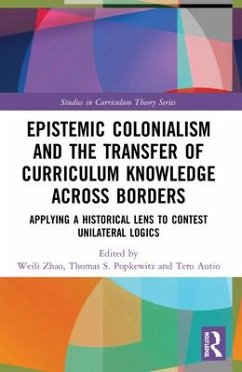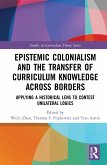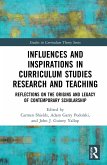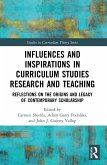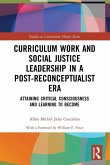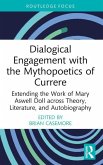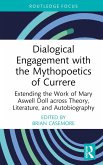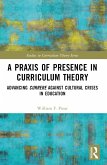This volume uncovers the colonial epistemologies that have long dominated the transfer of curriculum knowledge within and across nation-states and demonstrates how a historical approach to uncovering epistemological colonialism can inform an alternative, relational mode of knowledge transfer and negotiation within curriculum studies research and praxis.
World leaders in the field of curriculum studies adopt a historical lens to map the negotiation, transfer, and confrontation of varied forms of cultural knowledge in curriculum studies and schooling. In doing so, they uniquely contextualize contemporary epistemes as historically embedded and politically produced and contest the unilateral logics of reason and thought which continue to dominate modern curriculum studies. Contesting the doxa of comparative reason, the politics of knowledge and identity, the making of twenty-first century educational subjects, and multiculturalism, this volume offers a relational onto-epistemic network as an alternative means to dissect and overcome epistemological colonialism.
This text will benefit researchers, academics, and educators with an interest in curriculum studies as well as the study of international and comparative education. Those interested in post-colonial discourses and the philosophy of education will also benefit from the volume.
World leaders in the field of curriculum studies adopt a historical lens to map the negotiation, transfer, and confrontation of varied forms of cultural knowledge in curriculum studies and schooling. In doing so, they uniquely contextualize contemporary epistemes as historically embedded and politically produced and contest the unilateral logics of reason and thought which continue to dominate modern curriculum studies. Contesting the doxa of comparative reason, the politics of knowledge and identity, the making of twenty-first century educational subjects, and multiculturalism, this volume offers a relational onto-epistemic network as an alternative means to dissect and overcome epistemological colonialism.
This text will benefit researchers, academics, and educators with an interest in curriculum studies as well as the study of international and comparative education. Those interested in post-colonial discourses and the philosophy of education will also benefit from the volume.

